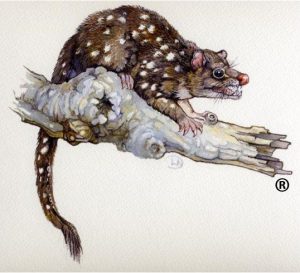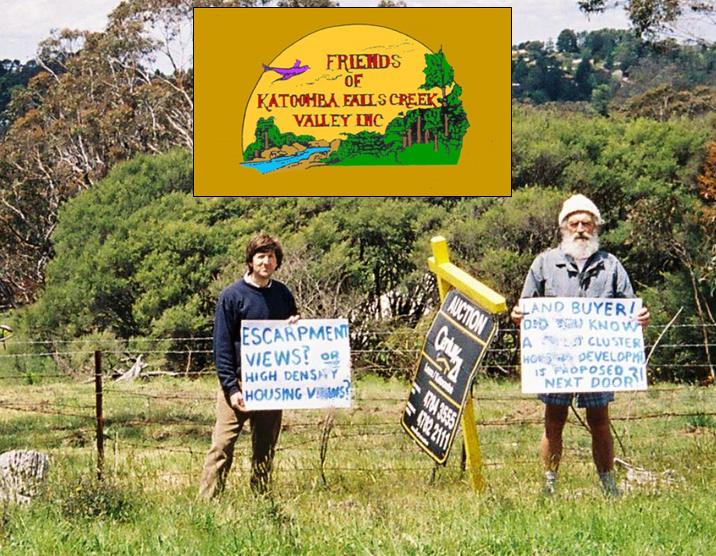∞ Embracing Complexity
The natural world is complex.
Traditionally, humanity has sought meaning from Nature by reacting with a simplistic reductionist approach leading to problematic part understanding. Reductionist attempts to explain complex phenomena by trying to reduce problems to simplistic, ill-fitting models, do not provide much insight about the matter in hand. [Thomas Nagel, The Academy of Medical Science, ^http://www.acmedsci.ac.uk/p189.html]
Modern Man has appreciated the complexity of nature and indeed the complexity of his our own endeavour – in the sciences, arts and enterprises for instance. In order to better understand Nature, live with it, retain it as an asset for perpetuity, and acquire greater wisdom from it, we need not fear or avoid its complexity but embrace its complexity. This is the Habitat Advocate’s preferred philosophical approach. As to how we achieve this is for enquiry and analysis.
Primitive Man took a simple view of Nature, not understanding it and so feared it and was vulnerable to it. Modern Man took an industrial view of Nature, with part understanding of it as a resource and exploited it and destroyed it for predatory gain. Ecological Man is now evolving with a commensal view of Man living with Nature, embracing the complexity and fragility of both Man and Nature.
This is part of human evolution, in which experience builds intelligence and wisdom allowing humanity to mature and benefit from that maturity. An instructive analogy is the evolution of medicine. Primitive medicine was simplistic and did not distinguish between medicine, magic and religion. Modern medicine has evolved as a reactive treatment from part understandings to a more complex insight into anatomy, disease and viruses. Future medicine will likely adopt a more preventative and predictive insight into wellness and being available to the poor, but that maturity is yet to evolve.
Acknowledging the shortcomings of the reductionist approach, we advocate an holistic approach to understanding Nature and resolving human conflicts with it. We advocate a system dynamics approach to seek greater understanding of the dynamic behaviour of complex natural systems, recognising the many circular, interlocking, sometimes time-delayed relationships among its components. ^ http://en.wikipedia.org/wiki/Systems_theory#System_dynamics
In order to problem solve pragmatic solutions to each of the many human threats imposed on the natural world, we advocate a polymathic embrace of knowledge – learning a significant number of subject areas to build wisdom and a capacity for universal insight into many cross-disciplines. It is universal learning and an in depth scholarly approach. It embraces mindful awareness combined with the insightful benefits of practical “working” experience, combined with didactic education and expertise in multiple fields. ^ http://en.wikipedia.org/wiki/Polymath







